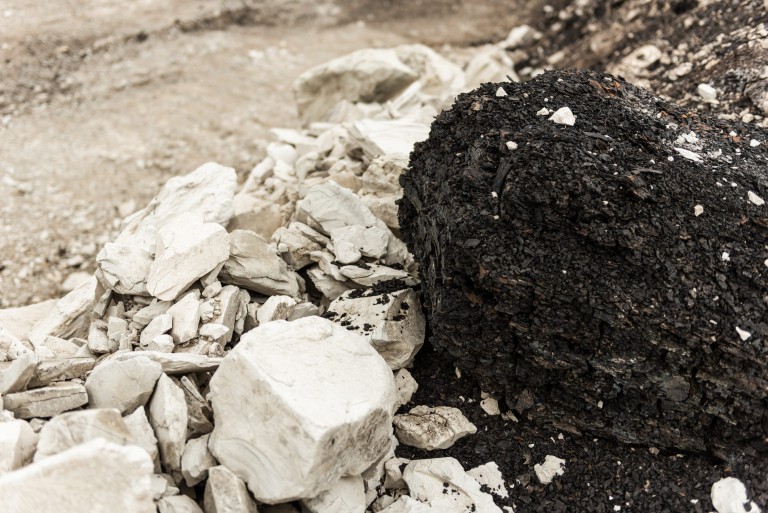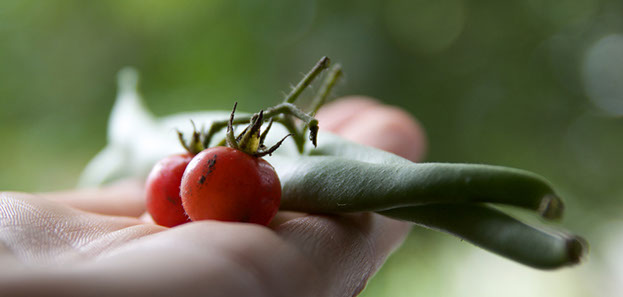Many individuals are moving towards more sustainable living, with urban gardening becoming a very popular hobby.
While urban gardens are great for the environment and the health and well being of those who grow them, there can also be some risks to watch out for.
Studies have shown that gardens near heavy traffic areas may become contaminated with high levels of heavy metals. There are steps that you can take, however, to reduce the risk of your garden becoming contaminated, even if you are working in a contaminated area.
Learn about the land you are working with. Before planting a garden it is important that you try to identify whether or not your soil may be contaminated. Your local land authority and health or environmental agencies may be able to help with records of past uses as well as soil testing. If you discover your land may be contaminated, is near buildings where lead paint may have flaked off or is in a high traffic area, you may want to consider growing your crops in a raised bed. Line the bed with a sturdy liner and bring in new, clean soil in which to grow your crops. Barriers such as a wall, thick hedge or other thick vegetation can also be helpful in blocking the dust and contaminants that may threaten your crops from the presence of heavy traffic. If you are in an area with lots of traffic, creating a barrier around your urban garden is a great idea to help eliminate the risk of contamination.
These simple suggestions can be very helpful in ensuring the growth of a clean garden and supplying you and your family with fresh, natural, homegrown ingredients.
Image by qmnonic


